Endorsers Beware: Of Endorsements & Celebrities in Consumer Protection Act, 2019
Several unanswered questions on the newly introduced provisions of the Consumer Protection Act, 2019 with regard to Endorsements and those by celebrities, in particular, may pave way to a slew of litigations and it could jeopardise the very intent behind which the provisions were inserted within the Act, unless Rules, Regulations or Guidelines throw more clarity or light on the same, writes Aazmeen Kasad, Advocate & Professor of Law. This is article is part of a series of articles on Misleading Advertising.
Most people have certain identified individuals in the public arena that they look up to – be it for their skills, personality or just simply, for their physical looks. Over a period of time, the popularity of these individuals soar high enough to command a huge fan following, and consequently, become what are commonly known as ‘Celebrities’. Advertisers have quickly realised, and in turn capitalised, on the value of having celebrities endorse their products and/ or services, given their reach in society during the particular phase of their popularity. Remember Ashok Kumar and Shammi Kapoor endorsing Pan Parag pan masala or actors endorsing Lux as the soap used by film stars?
When you see an advertisement with your favourite actor or sports-star or singer or musician informing you that the product/ service being advertised has certain attributes or efficacy, you tend to believe it and that, therefore, becomes a strong reason for your decision to purchase or use the said product/ service. At the time Cadbury’s faced its biggest crisis with the quality of its chocolates, Cadbury’s quickly roped in the Bollywood super star Amitabh Bachchan to endorse its product. With the credibility that followed his endorsement, it managed to tide over the crisis that the company was experiencing at the time.
Also read:
Advertisers Beware – Decoding provisions of Consumer Protection Act, 2019
In 2014, Amitabh Bachchan’s ‘Pepsi is poison’ remark by a school girl as being the reason he stopped endorsing the brand, which he shared during his discussions with students at the IIM Ahmedabad, became the subject of several analysis on celebrities and conscience, ambassadorial loyalty, etc., especially since he had been the brand ambassador from 2002-2005. Bachchan said he did his due diligence before endorsing any product. “I look into it. I meet the client and ask them about it. I don’t endorse tobacco or alcohol because I don’t have them…then why should I endorse them?” he asked.
Close on the incident’s heels, in 2015, Bollywood actors Amitabh Bachchan, Madhuri Dixit and Preity Zinta were held liable for promoting the two-minute snack Maggi at the time the issue of excess lead was alleged in the product.
So, what is a Celebrity Endorsement? While the Consumer Protection Act, 2019 (the ‘Act’) is silent on the use of the term ‘Celebrity’; it has defined the term “endorsement” in relation to an advertisement to mean: (i) any message, verbal statement, demonstration; or (ii) depiction of the name, signature, likeness or other identifiable personal characteristics of an individual; or (iii) depiction of the name or seal of any institution or organisation, which makes the consumer believe that it reflects the opinion, finding or experience of the person making such endorsement.
Thus, the Act includes endorsements by (i) individuals; and (ii) institutions/ organisations. The critical element of an endorsement is the fact that it makes the consumer believe that it is the opinion or the finding or the experience of the person/ institution/ organisation making the endorsement. However, today, there are no rules, regulations or guidelines laid down with regard to the basis on which endorsements are made by institutions/ organisations, be it noted medical associations of the country or laboratories or otherwise.
Further, the absence of the definition of the term ‘Celebrity’ within the Act creates a gap to identify who qualifies as a ‘celebrity’ and consequently, by what yardstick do the provisions vis-a-vis endorsements apply to ‘Celebrities’ as such. Does the Act envisage any endorsement, by any individual (model) making the endorsement, to be covered under the Act?
At present, ‘Celebrities’ are defined under the ‘Guidelines for Celebrities in Advertising’ of the Advertising Standards Council of India, a self-regulatory body of the advertising industry of India, as an individual who is compensated with Rs 20 lakh or above as per the current limit for appearing in a single advertisement or a campaign or per year, whichever is more, and/ or is listed in the top 100 celebrities as per any one of the current and immediate past list of Forbes or the Times or the Celebrity Track report of Hansa Research or any such list which is intended to be indicative and not exhaustive.
As per the provisions of the Act, where the Central Authority is satisfied after investigation that any advertisement is false or misleading and is prejudicial to the interest of any consumer or is in contravention of consumer rights, it may, by order, issue directions to the concerned endorser to discontinue such advertisement or to modify the same in such manner and within such time as may be specified in that order. It may also impose a penalty up to Rs 10 lakh on the said endorser in the first instance and Rs 50 lakh for every subsequent contravention, if it is of the opinion that it is necessary to do so. It may, by order, even prohibit the endorser of a false or misleading advertisement from making endorsement of any product or service for a period which may extend to one year (in the first instance), which is extendable to 3 years for every subsequent contravention. The penalty will be determined keeping in mind the population, area affected by offence, frequency and duration of offence, vulnerability of the class of persons likely to be adversely affected and the gross revenue generated from the sales effected by virtue of the misleading advertisement.
The Act provides a window to the endorsers to avoid liability of a penalty (financial and the ban) under the Act provided he/she/it has exercised due diligence to verify the veracity of the claims made in the advertisement regarding the product or service being endorsed. That said, the Act fails to specify any provisions on (i) what is meant by exercising due diligence by the endorser, (ii) how and to what extent the due diligence is expected to be conducted, (iii) if an endorsement contract is an ongoing one for several years, how often is the endorser expected to conduct the due diligence; (iv) how does the endorser prove that he/she/it has performed the due diligence; (v) are advertisers expected to take representations from the endorsers that they have conducted the due diligence, and to that extent, the provision creates ambiguity and a grey area.
What’s more intriguing is how and why does conducting a due diligence by the endorser become the raison d’etre for an exemption from being penalised, if the advertisement is found to be misleading anyway?
This and other unanswered questions on the newly introduced provisions of the Act with regard to Endorsements and those by celebrities, in particular, may pave way to a slew of litigations and it could jeopardise the very intent behind which the provisions were inserted within the Act, unless Rules, Regulations or Guidelines throw more clarity or light on the same.
Till then, endorsers are advised to conduct complete Due Diligence on the product(s) and Services endorsed, and specifically, the claims that form part of the advertisement. The ensuing Parts of the series will pertain to various aspects of what constitutes Misleading Advertising and key judicial precedents on the same.


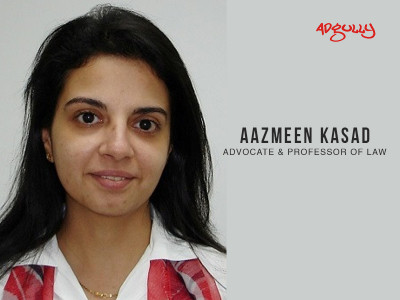
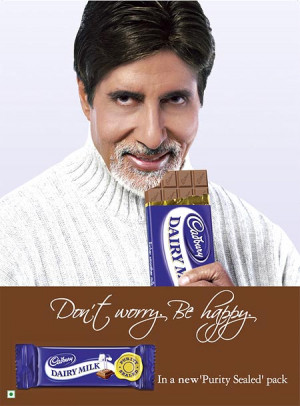
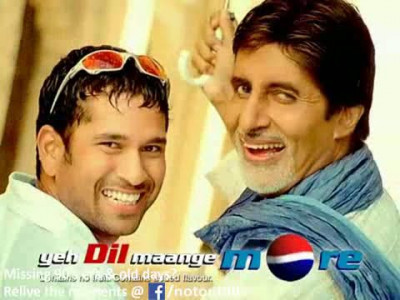
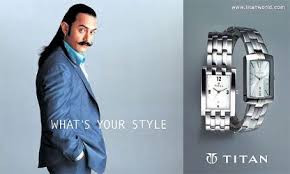


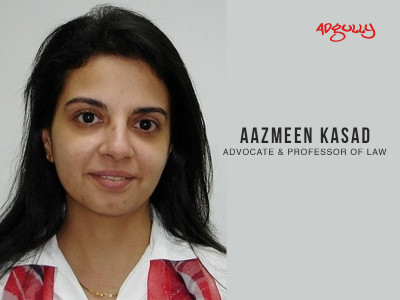
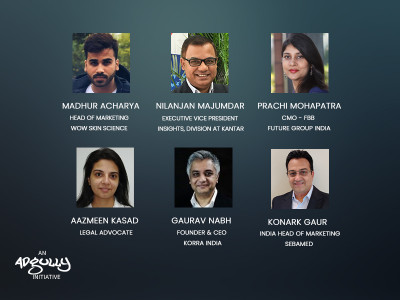

Share
Facebook
YouTube
Tweet
Twitter
LinkedIn